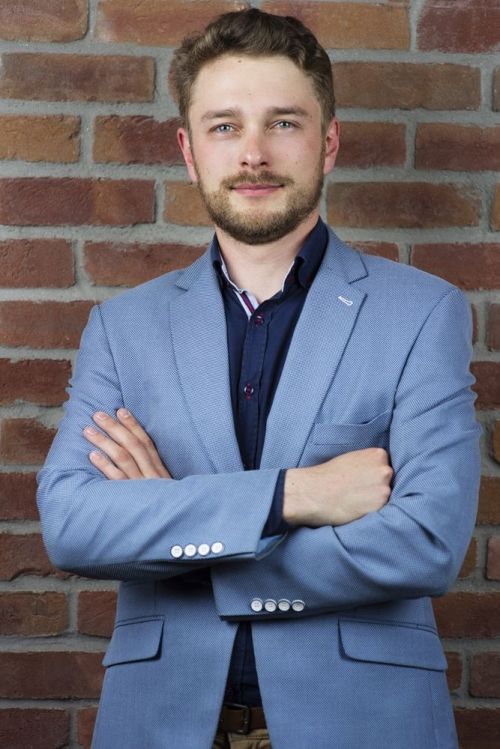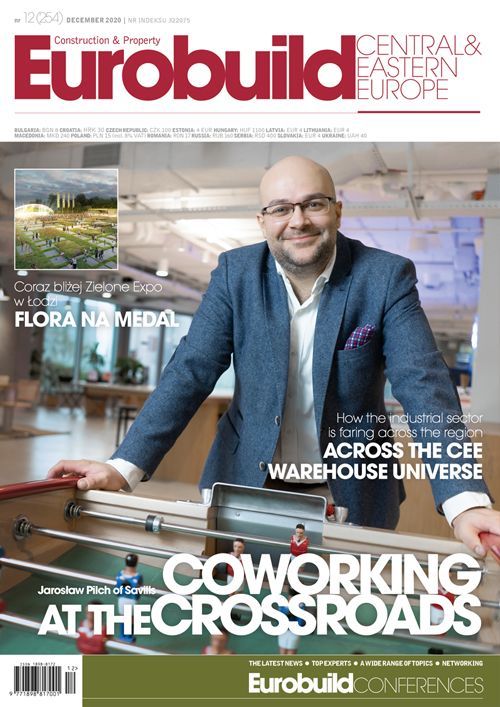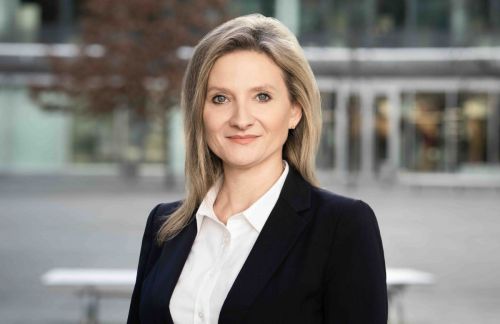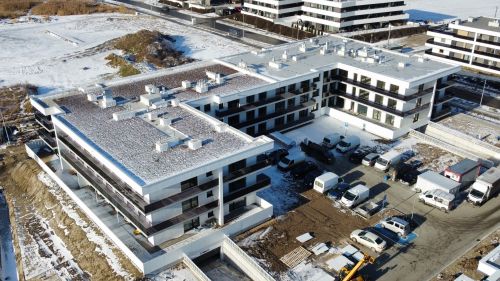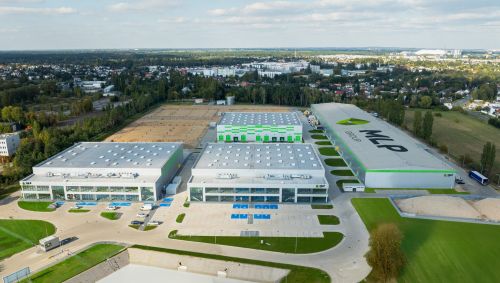The term ‘Expo’ is generally used for cyclical international public events organised under the aegis of the Bureau International des Expositions (BIE) in partnership with state governments. The BIE supervises three categories of events: World Expos, which are the largest and most prestigious; Specialised Expos, which are smaller events that always have a specific theme; and the Horticultural Expo – held to showcase green issues, environmental protection and sustainable development. The right to hold this event is awarded by the International Association of Horticultural Producers (AIPH) but has to be confirmed by the BIE.
Switching from a specialised focus
In 2018 Łódź was awarded the right to host the Horticultural Expo (also known as the ‘Green Expo’). But why was Łódź chosen as the venue? “Prior to this, in 2017, Poland applied to host a Specialised Expo in Łódź, but Argentina beat us by a few votes,” recalls Maciej Riemer, the
